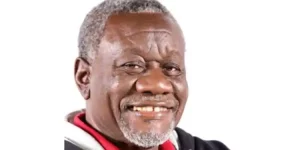Biographies
Chinedu Obidigwe Biography: Age, Wife, House, Net Worth, Party, Tribe, State of Origin, Family, Siblings, Cars, House
Sponsored Links
In this blog post, we will delve into the life of Chinedu Obidigwe. From his biography and net worth to his family and career, we’ll explore various aspects of his life. Let’s get started!
Chinedu Obidigwe Biography:
Chinedu Obidigwe is a prominent figure known for his achievements and contributions in various fields. While details about his early life and background are limited, his journey has undoubtedly been marked by success and determination.
Chinedu Obidigwe Wife and Children:
Chinedu Obidigwe has a loving family that includes his wife and children. Unfortunately, specific information about his wife and children is not publicly available at the moment.









